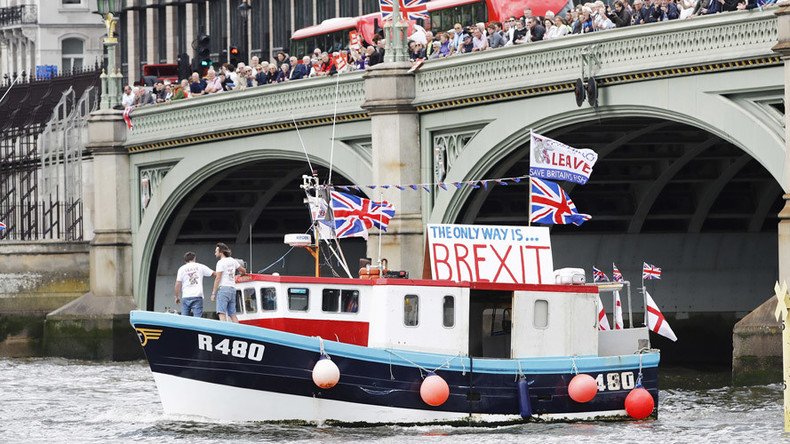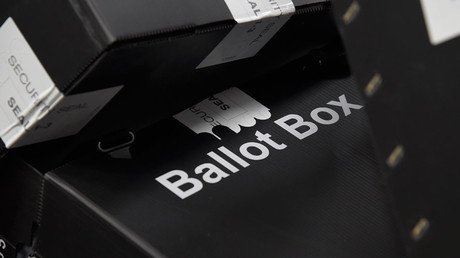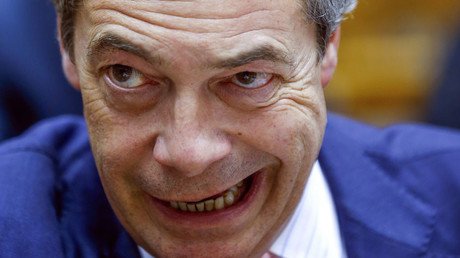Follow the cash: bookies and big money back ‘Remain’, Soros warns of Brexit disaster

While some polls are showing the vote to leave the EU has a narrow lead, the bookies insist the vote to ‘Remain’ is in front. So what are the odds for a Brexit?
Bill Buchanan, a professor in the School of Computing at Edinburgh Napier University, who has been analysing betting patterns for the referendum, says the answer could lie in “following the money.”
Writing for the Conversation, Buchanan says with the odds of a Brexit vote beginning to shorten around the end of May, the books generally moved towards an even bet - odds of 1/1. But he says in the last few days, odds have lengthened again, reaching around 11/5.
He says the odds for staying in on the other hand sit around 1/4, so the bookies are still predicting a strong remain vote.
Several large bets have been placed on a ‘Remain’ vote in the last few days, and many, but smaller bets, for Brexit, Buchanan says.
“This is why the odds look strong for Remain, because there is more money being placed on a vote to stay in. Even when the polls were saying that an exit vote was leading, the bookies were still putting remain in a stronger position.
“So who is right? I’d wager the bookies know the British voters better than anyone, and those placing the largest bets will have a strong understanding of the dynamics of the referendum.
“While those attracted by odds will bet small amounts of money, generally those in the know put lots of money on what they see as good bets - that is the profile of betting we are seeing. Perhaps the answer lies in following the money.”
Currency speculator George Soros, who bet against the pound in 1992, says a vote to leave the EU would trigger a bigger, more disruptive devaluation in Britain’s currency than the fall on Black Wednesday.
Writing for the Guardian, he said: “Sterling is almost certain to fall steeply and quickly if ‘Leave’ wins the referendum.
“I would expect this devaluation to be bigger and also more disruptive than the 15-percent devaluation that occurred in September 1992, when I was fortunate enough to make a substantial profit for my hedge fund investors at the expense of the Bank of England and the British government.”
He says a vote to leave would force the pound to slide towards parity with the euro and have “serious consequences for ordinary people.”
“Too many believe that a vote to leave will have no effect on their personal financial positions. This is wishful thinking.
“If Britain leaves the EU it will have at least one clear and immediate effect that will touch every household: the value of the pound would decline precipitously. A vote to leave the EU would also have an immediate and dramatic impact on financial markets, investment, prices and jobs.”
Two opinion polls released on Monday suggest support for Britain staying in the EU had recovered some ground, but a third poll found support for a Brexit ahead slightly.
Predictions on Monday that Britain would stick with the status quo saw the pound have its biggest one-day rise in seven years.














